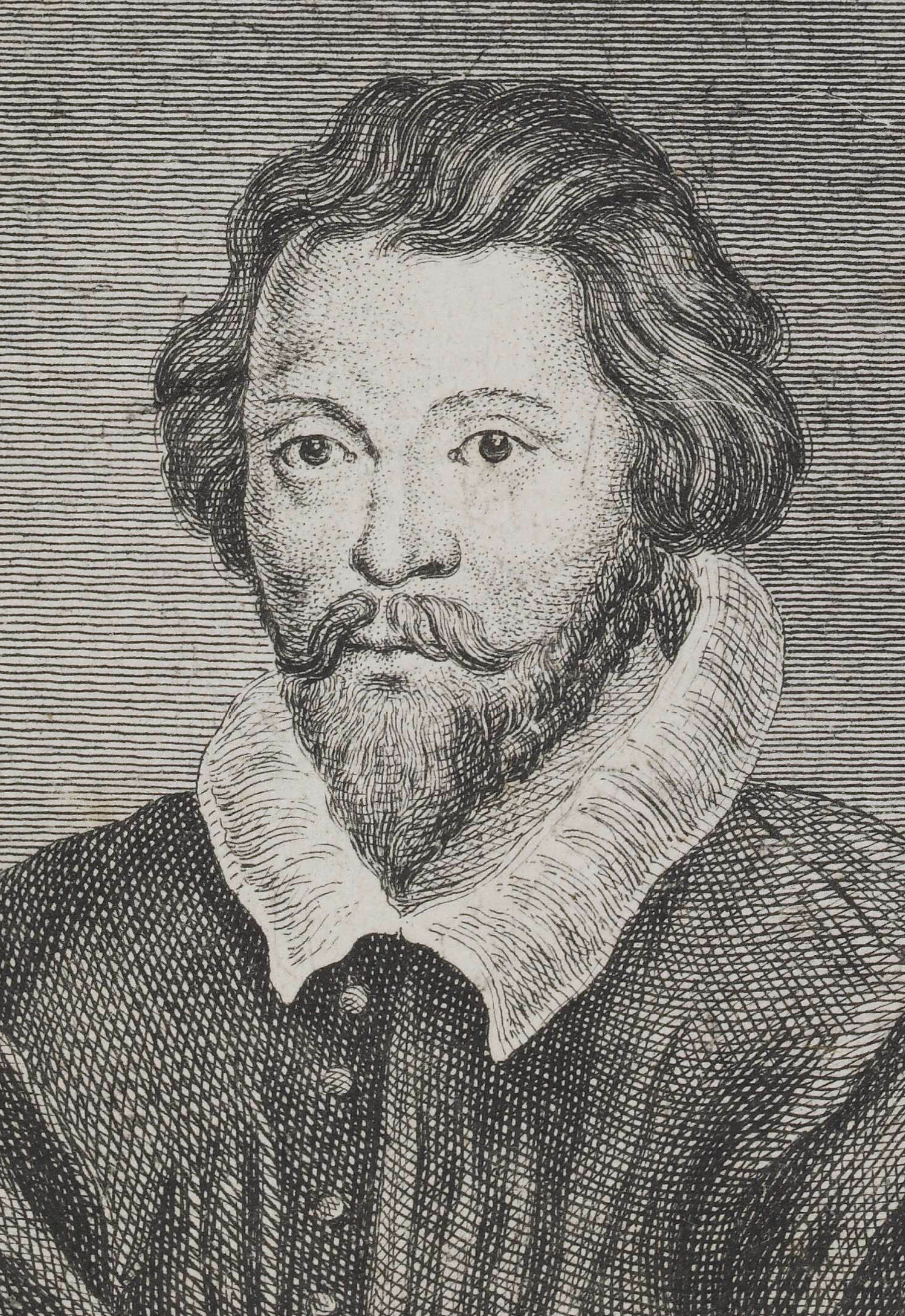
FROM THE BACK COVER
of
Liturgy and Contemplation in Byrd's Gradualia
Liturgy and Contemplation in Byrd's Gradualia responds to Byrd's own testimony by exploring how he reads the texts of the Mass and the events of the church calendar. Kerry McCarthy examines early modern English Catholic attitudes toward liturgical practice, meditation, and what the composer himself called "thinking over divine things." She draws on a wide range of contemporary sources -- devotional treatises, commentaries on the Mass, poetry, memoirs, letters, and Byrd's dedicatory prefaces -- and revisits the Gradualia in light of this evidence. This book offers a case study of how one artist reimagined the creative process in the final decades of his life.
Kerry McCarthy is Assistant Professor of Musicology at Duke University. Her work on English sacred music has appeared in several research journals, including early Music History, Music and Letters, and Early Music. This is her first book.
-----------------------------
This will be on display at my Nov. 1 party. I had exchanged an e-mail or two with her and published an article of hers when I edited Sacred Music.
No comments:
Post a Comment